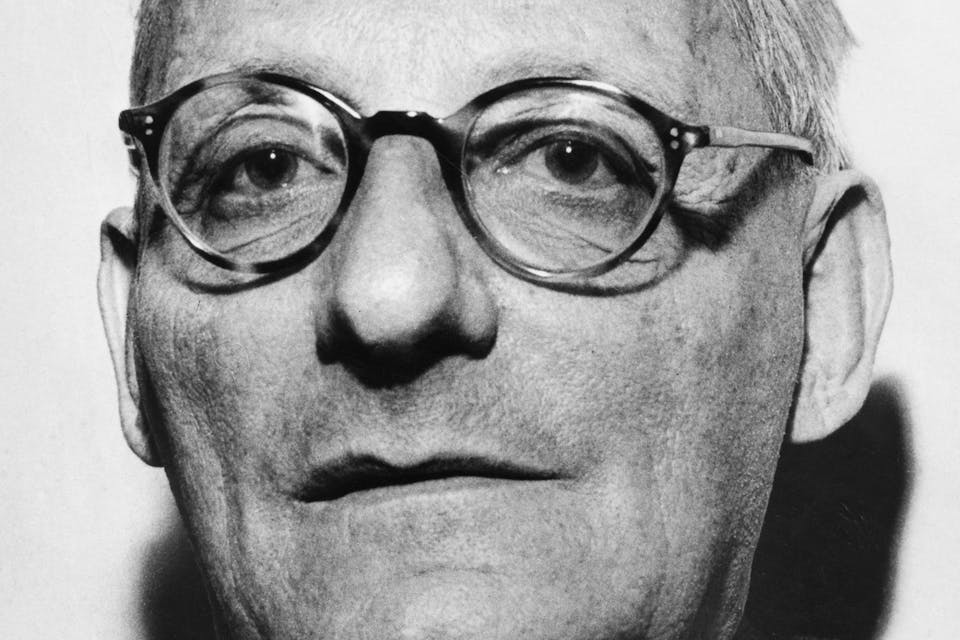
September 19, 2016
A Rich 1925 Novel about the Recurring Dilemmas of Jewish Existence
Reubeni, Prince of the Jews, by Kafka's close friend Max Brod, reminds us of the perils of elevating utopianism over the responsibilities of politics.
The longstanding American Jewish consensus on Israel lies under threat as polarizing splits divide supporters from opponents of various hues, some of whom justify their disaffection with appeals to the moral demands of Judaism. Within Israel itself, nationalists line up against universalists on questions of policy, politics, and Jewish destiny.
Where to find insight? Improbably enough, one source may lie in a 90-year-old German novel centered on the life of a 16th-century false messiah. First published in 1925, and in English translation three years later, Max Brod’s Reubeni, Prince of the Jews was a popular and much-praised historical novel in its day. As a meditation on the recurring dilemmas of Jewish politics and Jewish existence, then and now, it richly repays reading.
To the extent that his name is still familiar, Max Brod (1884-1968) is usually regarded as a lightweight companion to Franz Kafka, a close Prague friend who, before his death in 1924, left his unpublished manuscripts to Brod with instructions that they be destroyed. Declining to fulfill his friend’s mandate, Brod instead saw to the publication of the now-classic major works. A surviving remnant of his Kafka papers has only recently been turned over for custody to Israel’s national library.